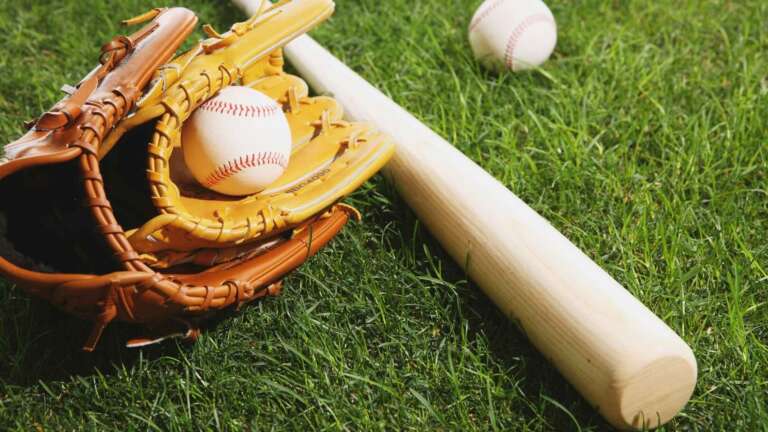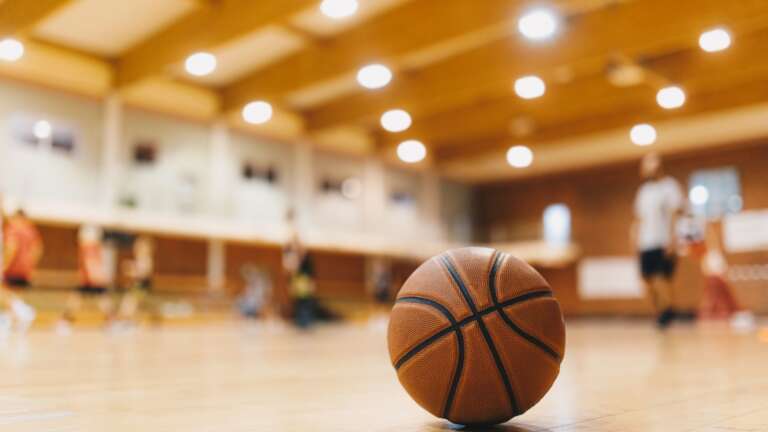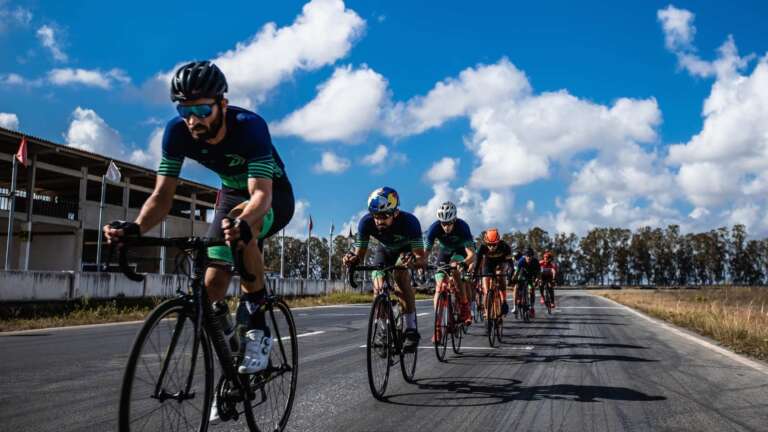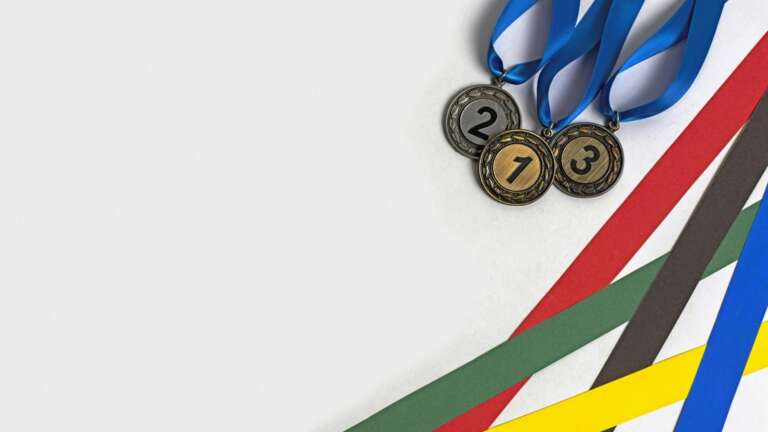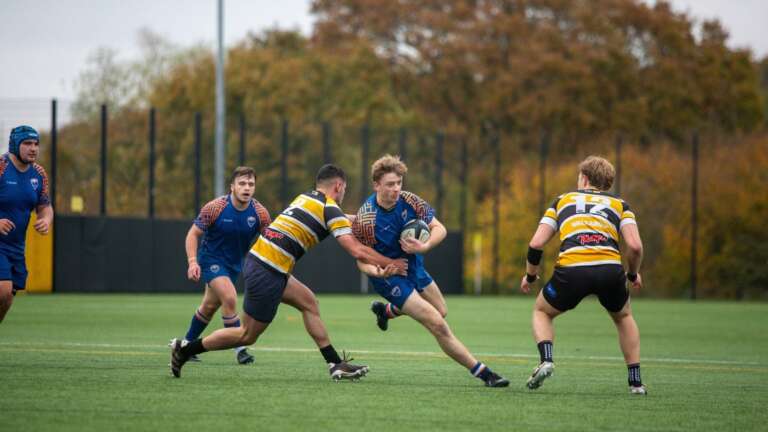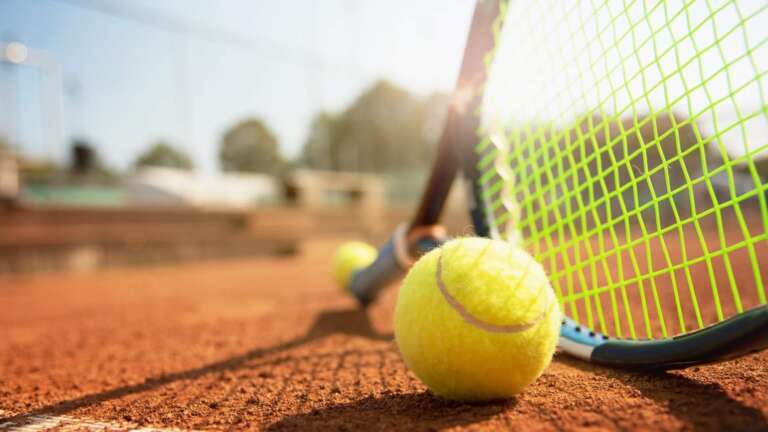The Olympics: A Global Celebration of Sport and Culture
The Olympic Games are the world’s premier multi-sport event, bringing together athletes from nearly every nation to compete at the highest level. More than a sporting competition, the Olympics are a global cultural moment that celebrates excellence, unity, and human potential. From the ancient origins in Greece to the modern Summer and Winter Games, the Olympics have shaped how the world experiences sport and international cooperation.
From Ancient Greece to the Modern Movement
The Olympics trace back to ancient Greece, where athletic contests were held in Olympia as early as 776 BC in honor of the gods. The modern Olympic movement was revived in 1896 by Pierre de Coubertin, who founded the International Olympic Committee (IOC) and staged the first modern Summer Games in Athens. Since then, the Games have evolved in scale and complexity, becoming a major force in international sport and diplomacy.
Structure: Summer, Winter, and the Olympic Cycle
The Olympic program is divided into the Summer and Winter Games, held every two years on an alternating four-year cycle (e.g., Summer 2020, Winter 2022, Summer 2024). The Summer Games feature a wide range of sports — athletics, swimming, gymnastics, football, basketball and more — while the Winter Games focus on disciplines like skiing, skating, bobsleigh and ice hockey. Each edition crowns individual and team champions, while nations compete in an informal medal table that attracts major media interest.
How the Games Work
Host cities bid years in advance to stage the Games, submitting plans for venues, logistics, and legacy projects. The IOC oversees sport selection, qualification systems, and Olympic standards. Athletes qualify through international competitions and national trials, and the Games follow strict anti-doping and eligibility rules to protect fair play. Opening and closing ceremonies — spectacular mixes of pageantry, culture, and symbolism — officially mark the start and end of each Games.
Iconic Moments and Legendary Athletes
The Olympics have produced countless unforgettable moments: Jesse Owens’ 1936 triumph in Berlin, Nadia Comăneci’s perfect 10 at Montreal 1976, Usain Bolt’s lightning sprints, Simone Biles’ gymnastics dominance, and the Miracle on Ice in 1980. Athletes such as Carl Lewis, Michael Phelps, Larisa Latynina, and Katie Ledecky have built legacies that transcend sport. These moments create shared global memories and inspire generations of young athletes.
Paralympics and Inclusive Sport
Since the mid-20th century, the Paralympic Games have grown into a major global event showcasing elite athletes with disabilities. Held shortly after the Olympics in the same host city, the Paralympics champion inclusivity and adaptive sport, with stars who redefine public perceptions of ability and competition.
Economic, Social and Cultural Impact
Hosting the Olympics is a major economic and infrastructural undertaking. While Games can boost tourism, accelerate urban renewal and leave lasting sporting legacies, they also involve substantial costs and complex planning. Socially and culturally, the Olympics foster international exchange and spotlight local heritage through ceremonies and cultural programs. Legacy planning aims to ensure venues remain useful and communities benefit after the final medal is awarded.
Contemporary Challenges and Reforms
Modern Olympics face several challenges: sustainability, cost control, athlete welfare, and geopolitical tensions. The IOC has introduced reforms to streamline host-city requirements, increase sustainability (renewable energy, reduced waste), and cap costs. New sports and formats (e.g., skateboarding, sport climbing, mixed-team events) aim to keep the program relevant to younger audiences.
Olympic Values and Diplomacy
The Olympics promote values of excellence, friendship, and respect. They offer a rare stage for peaceful international competition and have often been used for soft diplomacy. However, the Games can also become focal points for political protest and debate, which organizers must balance with the mission of universal sport.
How Fans Follow the Olympics
Broadcast rights, streaming platforms, and social media now bring the Olympics into homes worldwide. From live event coverage to athlete profiles and highlight reels, fans can follow the action in real time. Many broadcasters create cross-platform experiences that combine live streams, analytics, and human-interest storytelling to enhance viewer engagement.
The Future of the Olympic Movement
Looking forward, the Olympics will continue to adapt. Sustainability and legacy are central priorities, with host cities expected to demonstrate long-term benefits. Inclusivity, gender parity, and athlete mental health are increasingly prominent in policy discussions. The movement is also experimenting with urban hosting models and regionalized events to reduce travel and infrastructure burden.
The Olympic Games remain the globe’s most powerful sporting spectacle — a blend of elite performance, cultural exchange, and symbolic unity. While challenges remain, the Games’ capacity to create shared moments and elevate sport on an international stage endures. Whether you follow the Summer track finals, the Winter downhill, or the human stories behind every athlete, the Olympics offer a rare, unifying celebration of human potential.

